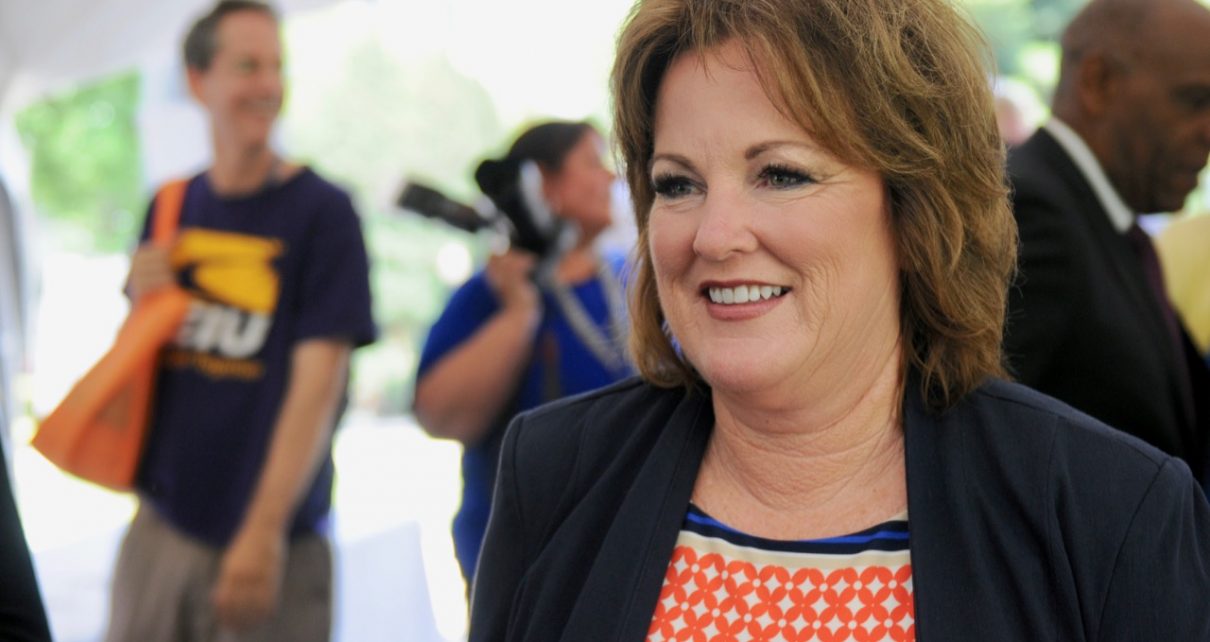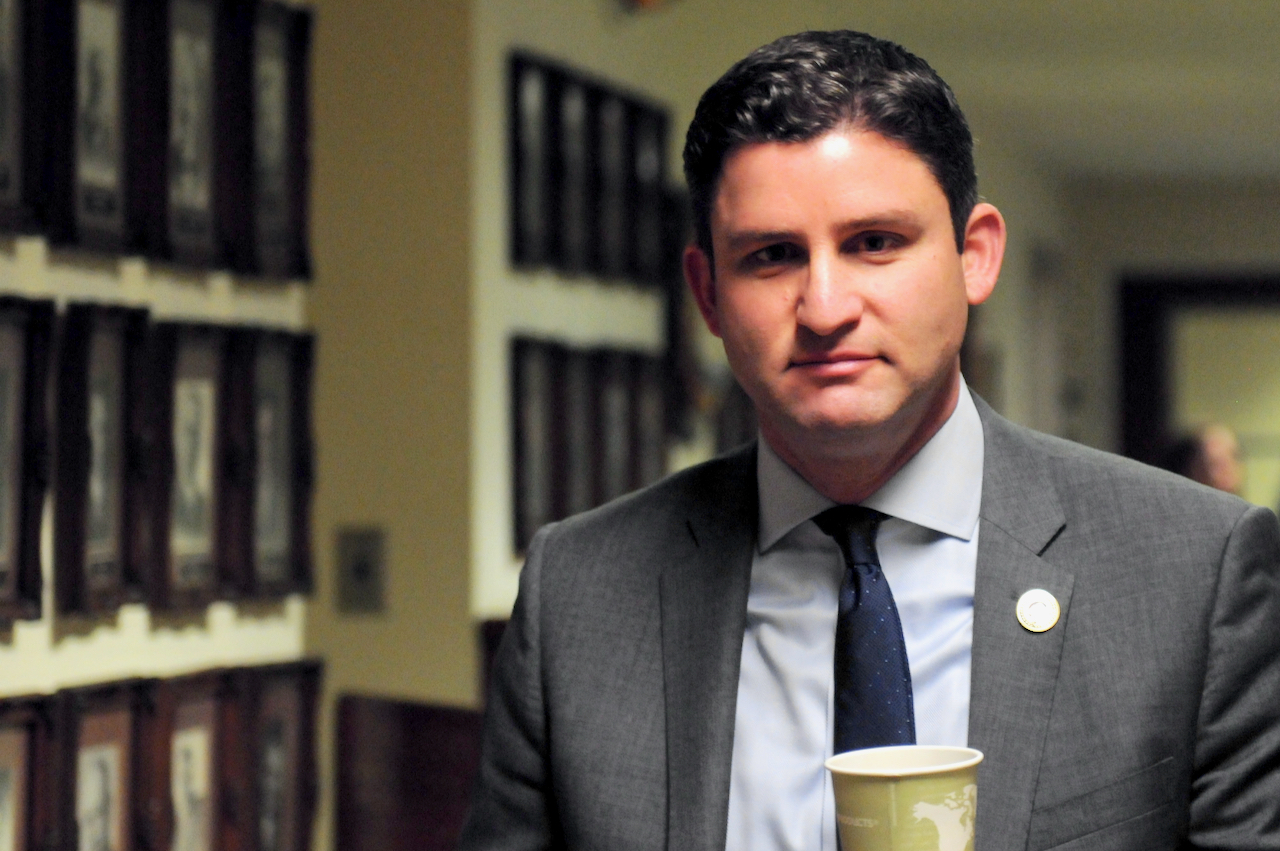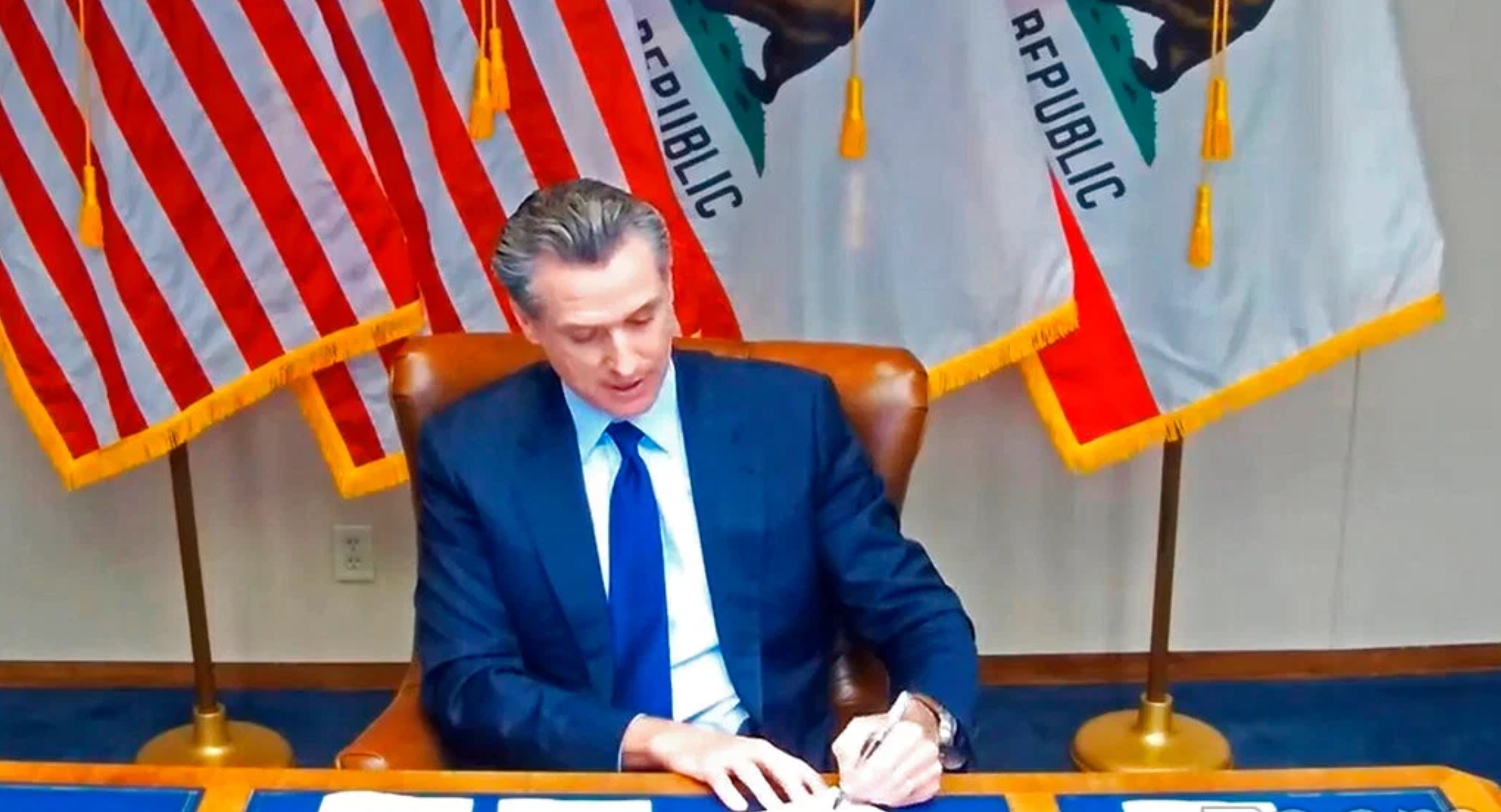
Senator Shannon Grove. (Photo: Kevin Sanders for California Globe)
Bill To Establish State Policy on Mental Health Crisis in Schools Passes Sen. Committee
‘The average high schooler just lost out on a big chunk of their formative years’
By Evan Symon, April 22, 2021 2:55 pm
A bill that would create a statewide policy to develop a statewide approach on dealing with the mental health crisis in schools passed unanimously in the Senate Health Committee on Wednesday.
Senate Bill 525, authored by Senator Shannon Grove (R-Bakersfield), would have both the California Department of Public Health (CDPH) and the California Department of Education (CDE) work together to establish a statewide policy on the mental health effects of school closures on students. Both departments would have 6 months to the signing date of SB 525 to make the policy, with the policy itself to focus on school closures in years when a state or local emergency declaration results in such closures.
Senator Grove wrote the bill to address the mental health challenges faced by K-12 students during the COVID-19 school shutdowns in both the 2019-2020 and 2020-2021 school years. According to a Texas A&M University study, 71% of all students said that they had increased stress and anxiety due to the COVID-19 pandemic, with 89% also reporting difficulties in concentrating and 86% reporting poor sleeping habits due to the pandemic changes. Among college students, rates were even higher, with 95% of college students reporting negative mental health symptoms due to the pandemic.
“The state moved quickly to shut down schools, it must now move just as decisively to address the fallout from that action,” Senator Grove said in a statement on Thursday. “Since March 2020, a majority of California children have not been able to attend in-person instruction at our public schools. For many of these students, their lives changed unexpectedly and for the worse.”
“Prioritizing the health and safety of our students should include not only the student’s physical well-being, but also the emotional, psychological, and social well-being. SB 525 ensures the state is doing everything it can to understand the relationship that COVID-19 has had and will continue to have on our student’s mental health.
“Isolation and physical distancing requirements, remote learning adjustments, and stressful home environments all have resulted in a significant mental health crisis for students. We do not yet know the full extent of the impact this will have for the many students who fall behind academically as well as emotionally and socially.”
Bipartisan support for SB 525
Both mental health and educational experts quickly supported the bill following SB 525’s introduction in February.
“We really need to look deep into what these kids and teenagers have gone through,” explained Danielle Pappas, a school psychologist in LA County who has assisted college professors on COVID-19 mental health surveys, to the Globe. “I’ve been booked with Zoom appointments for months on end with students, and they are just so frustrated at this point. Both academic and social events were missed, and the strain from learning from home can be seen. It’s one thing taking university courses online for a degree or having introverted people deal with this, but the average high schooler just lost out on a big chunk of their formative years. We need to know what the fallout from this means and to have results so we can use them in case we decide to try mass-shutting down of schools again.”
No opposition has come out against the bill as of Thursday, with SB 525 passing unanimously 11-0 with bipartisan support in the Senate Health Committee on Wednesday.
SB 525 will next be heard by the Senate Education Committee on April 28th.
- Bill to Require Law Enforcement Disclosure if AI Was Used To Help Write Reports - August 7, 2025
- Gov. Newsom Files FOIA Request To ‘Expose True Cost’ Of L.A. Federal Troop Deployment for Anti-ICE Riots - August 6, 2025
- California Redistricting: How Newsom’s Plan Will Demolish Hard Fought GOP Gains - August 6, 2025





Be careful what you support. Democrats will use this as leftist indoctrination under the guise of mental health.